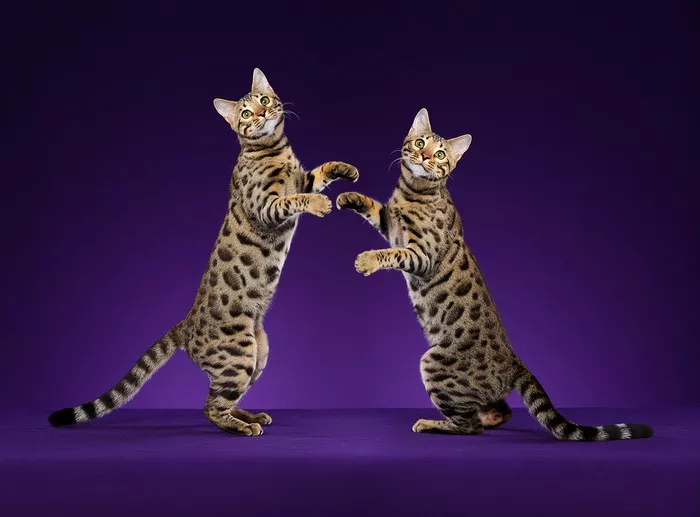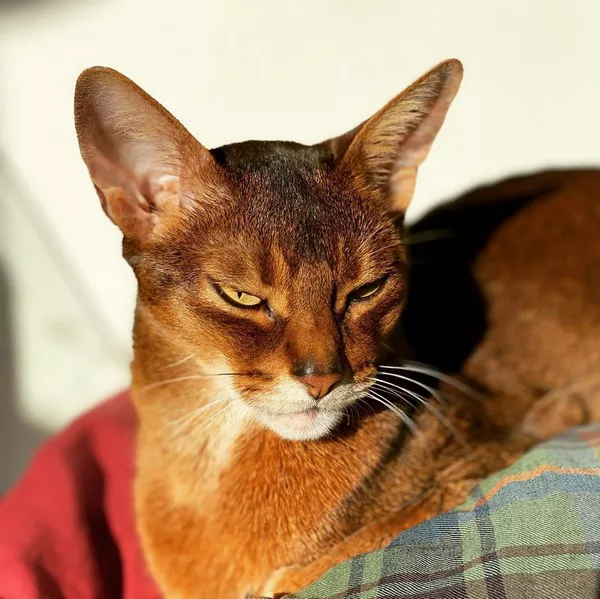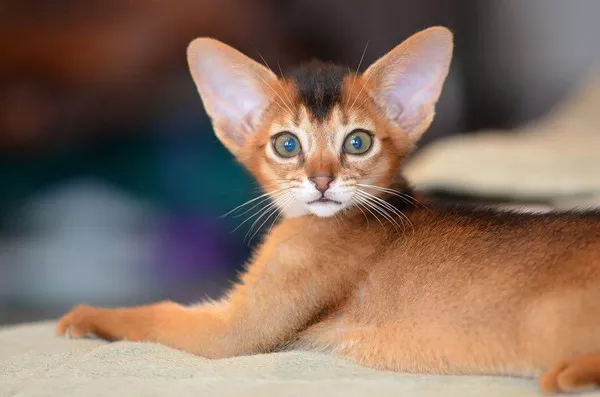Bengal cats are exotic and beautiful creatures that have become increasingly popular as pets. These cats have unique nutritional needs due to their active and energetic nature, which is why it is important to choose the right food for them. In this article, we will explore the best food for Bengal cats, highlighting the factors that make a particular type of food suitable for them.
The Nutritional Needs of Bengal Cats
Bengal cats are a breed of domestic cat that has been selectively bred to resemble the wild Asian leopard cat. These animals require specific nutrients to maintain their health and well-being. Like all cats, Bengal cats are obligate carnivores, which means that they need to consume meat-based foods to thrive.
Protein: Bengal cats require high levels of protein in their diet to maintain their muscular build and active nature. Protein provides essential amino acids that help to build and repair tissues and support the immune system.
Fat: Fat is another important nutrient for Bengal cats since it provides energy and supports healthy skin and fur. However, it is important to ensure that the fat content of the food is not excessive as Bengal cats are prone to obesity.
Carbohydrates: Bengal cats do not require large amounts of carbohydrates in their diet as they are unable to digest them properly. Carbohydrates should be kept to a minimum and come from sources such as vegetables rather than grains.
Vitamins and Minerals: Bengal cats require a range of vitamins and minerals to maintain good health. These include vitamins A, B, C, D, E, and K, as well as calcium, phosphorus, magnesium, and potassium.
Factors to Consider When Choosing Food for Bengal Cats
When choosing food for your Bengal cat, it is important to consider several factors, including:
Age: Bengal cats have different nutritional requirements depending on their age. Kittens require more calories, protein, and fat than adult cats to support their growth and development.
Activity Level: Bengal cats are known for their high energy levels and require more calories than sedentary cats. Active cats may benefit from food that is higher in fat to provide them with the energy they need.
Health Conditions: If your cat has any health conditions such as allergies or digestive issues, it is important to choose a food that is appropriate for their needs.
Type of Food: There are several types of food available for Bengal cats, including dry kibble, wet food, raw food, and homemade diets. Each type of food has its pros and cons, and you should choose the one that best suits your cat’s needs.
Best Food for Bengal Cats
Here are some of the best foods for Bengal cats:
1. Orijen Cat and Kitten Dry Food
Orijen Cat and Kitten Dry Food is an excellent choice for Bengal cats as it contains a high percentage of protein and low levels of carbohydrates. It is made from fresh and locally sourced ingredients and does not contain any artificial preservatives, colors, or flavors. Orijen Cat and Kitten Dry Food also contain a range of essential vitamins and minerals, including taurine, which is crucial for maintaining eye and heart health.
2. Taste of the Wild Rocky Mountain Feline Formula
Taste of the Wild Rocky Mountain Feline Formula is another excellent choice for Bengal cats. This dry kibble contains high-quality protein from real roasted meats, including venison and salmon, as well as fruits and vegetables such as sweet potatoes and peas. It is grain-free and does not contain any artificial preservatives, colors, or flavors.
3. Wellness CORE Grain-Free Chicken, Turkey & Chicken Liver Canned Cat Food
Wellness CORE Grain-Free Chicken, Turkey & Chicken Liver Canned Cat Food is a great option if you prefer wet food for your Bengal cat. This food is made from real chicken, turkey, and chicken liver and contains no grains, wheat, or soy. It is also free from artificial colors, preservatives, and flavors.
4. Primal Pet Foods Freeze-Dried Nuggets Chicken Formula
Primal Pet Foods Freeze-Dried Nuggets Chicken Formula is an excellent option if you prefer to feed your Bengal cat a raw diet. This food contains high-quality protein from chicken, as well as fruits and vegetables such as apples, carrots, and broccoli. It is freeze-dried to preserve the nutrients and does not contain any artificial preservatives, colors, or flavors.
5. Homemade Diet
If you prefer to make your own cat food, it is important to ensure that your Bengal cat receives all the necessary nutrients. A homemade diet should consist of high-quality protein sources such as chicken or turkey, as well as vegetables such as spinach and carrots. You should also supplement your cat’s diet with essential vitamins and minerals to ensure that they are receiving everything they need.
Conclusion
Bengal cats require specific nutrients to maintain their health and well-being. When choosing food for your Bengal cat, it is important to consider factors such as their age, activity level, and health conditions.


























